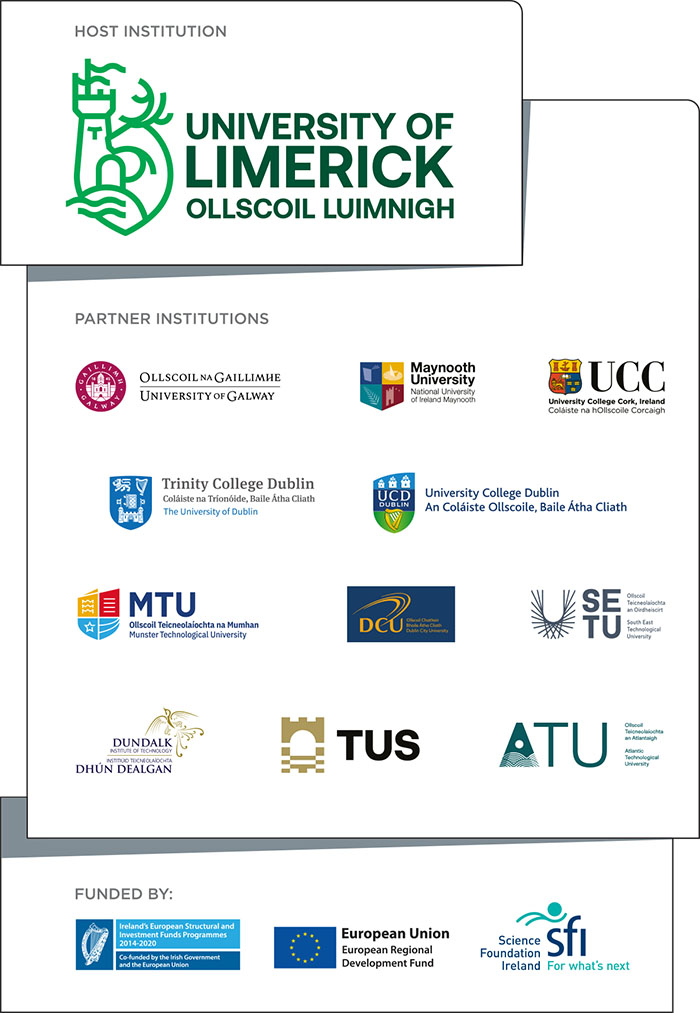Lero technological research could enable older people to live independently reducing the stress for them and those who support their self-reliance
You are here
Improving technology-enabled home care for older people to help Ireland reduce the annual €500 million impact on the economy from people falling – especially those over 65 – is one of the goals of a new interdisciplinary research programme at Lero, the University of Limerick-based Research Centre for Software.
A two-year €140,000 research programme focussing on technology-enabled care (TEC) in home environments is being part-funded by Shannon-headquartered Ei Electronics, one of Ireland’s leading indigenous electronics manufacturing and exporting companies, employing 1,250 worldwide.
Lero researcher Associate Professor Katie Crowley said that while technology-enabled care (TEC) in home environments currently has support items such as motion sensors and panic buttons, the innovative development and use of technology can help people function safely and remain at home longer.
Dr Crowley, who is also attached to The Ageing Research Centre (ARC) at the University of Limerick (UL), added:
“One example of this is in relation to falls. The National Health Service in the UK report that approximately 1 in 3 adults over 65 years and half of people over 80 will have at least one fall a year.
“In Ireland, the economic impact of falls is €500 million annually, according to data from the Health Service Executive. For the elderly, having a fear of falling significantly increases the chance of having a fall, and emerging evidence suggests that having monitoring technology reduces this fear, leading to improved mobility for the older person,” added Dr Crowley, who lectures in the Department of Computer Science and Information Systems at UL.
Lero lead researcher Prof. Ita Richardson believes a growing need exists to modify and integrate occupational home practice with innovative technology and software, changing homecare significantly for older people who often have cognitive, physical, caregiving and healthcare needs.
“Initially, we need to understand how older people’s lives and the lives of their formal and informal carers could change through TEC,” said Prof. Richardson, who also shares her expertise with ARC.
The Lero team also includes Dr Ann-Marie Morrissey, who brings occupational therapy expertise to the project.
Ei Electronics head of research and development Mike Keegan said they are delighted to work with Lero, whose work in connected health, driverless vehicles, smart communities, and other areas is world-leading.
“At Ei Electronics, we are all about deploying dependable technologies to improve people’s living environment today and into the future. Where lives are at risk, especially among older adults living independently, nothing can be left to chance, and we hope this programme can make life less stressful for those living by themselves and those supporting that independence,” he added.




